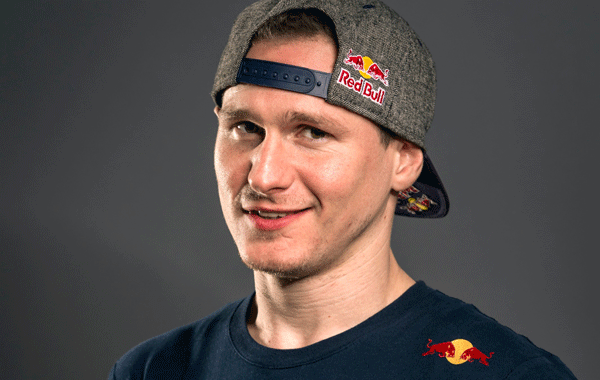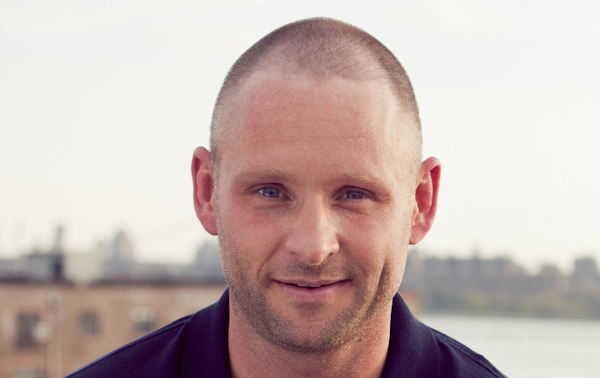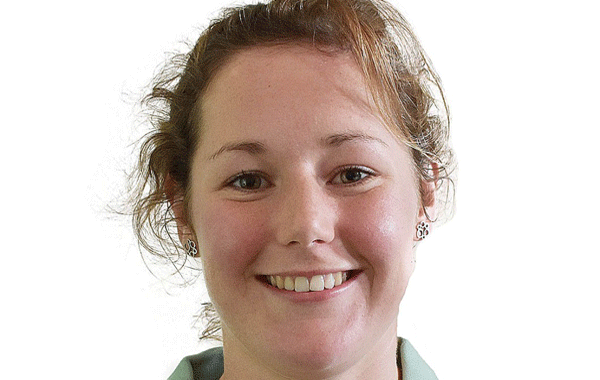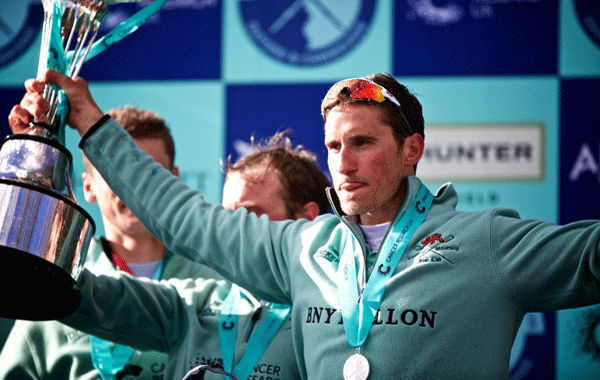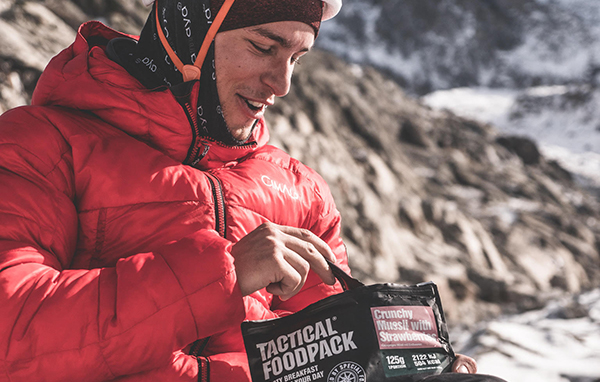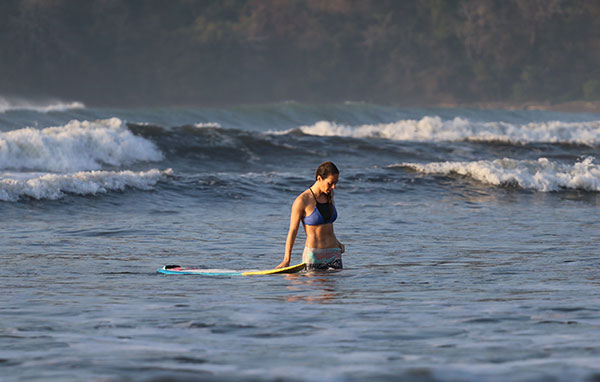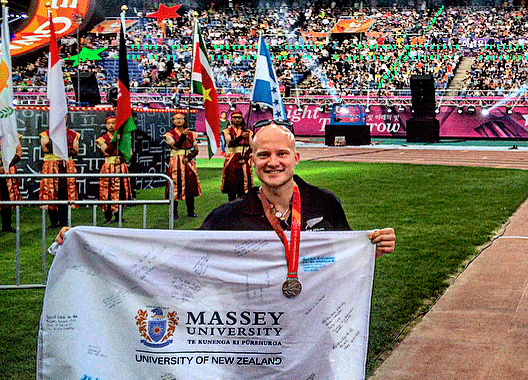
Toby Cunliffe-Steel is an extremely successful international rower currently training for a place at Rio 2016.
photo Steve McArthur of Rowing Celebration.
THE STORY of Toby Cunliffe-Steel is one of triumph over adversity and evidence that the human spirit is much stronger than most of us would ever believe. The passionate young rower has overcome a potentially devastating disease and gone on to become one of his country’s most promising rowers.
In this extremely personal yet inspiring interview Toby talked to us about his illness and how it only spurred him on in his sporting dreams. Read on to hear about his rowing achievements to date and learn about his determination to fight for and win a place on New Zealand’s rowing team at the Olympic Games this year.
To find out more about Toby and to follow his blog visit www.tobycunliffe-steel.kiwi.
When did you first realise you had a passion for sport and how long was it until you realised you could pursue a sporting career of your own?
It sounds very cliché but I knew I had found something very special to me the first time I jumped in a rowing boat at the age of 14. It wasn’t until three years later in 2009 when I realised I might actually be able to do special things with this passion, and that was only made possible by the work ethic I developed through my experience with cancer. After the experience I quickly decided that if I was going to spend some of the precious time we are all given undertaking something, I would damn well give it 100 per cent, and being a professional athlete, I may be a bit bias but who wouldn’t want to do it if they had the opportunity right?
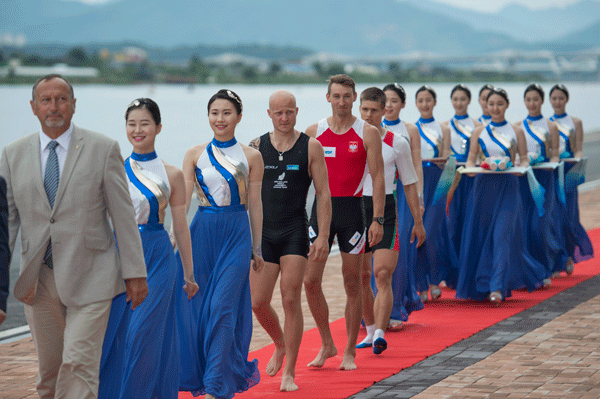
Toby (fourth from front) pictured at the celebration of the 2015 World University Championship.
photo Steve McArthur of Rowing Celebration.
Who encouraged you to start rowing and how long was it before you realised it was something you excelled at?
The Reelicks are good family friends of ours that had one kid rowing and another about to start. They invited me to join but I was well aware of the early mornings and quickly declined only to be told by mother “Toby don’t be rude, he will see you at 5:15am tomorrow”. Don’t tell her this but I don’t know if I will ever truly repay mum for that one. I have the words “mum’s always right bouncing around in my head”.
After that first row the coach began telling my mother how one of the girls and I in the octuple (nine-person sculling boat) we rowed that day had showed real potential and should definitely continue. In my head I was thinking “yeah okay buddy, I know this is what you tell all new rowers to keep them coming back but hey if you want to sing my praises to mum you go right ahead”. Well ten years and six representative campaigns later one could say he wasn’t to far of the mark.
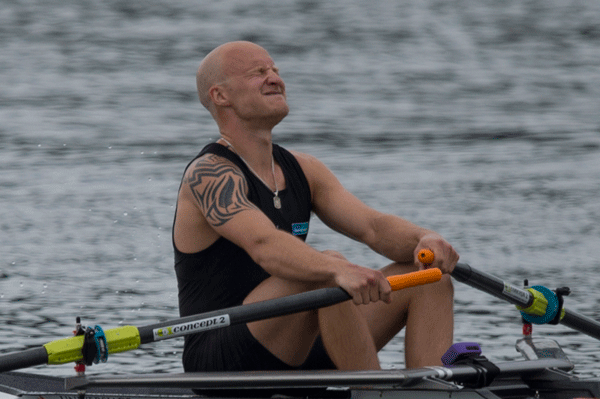
Toby took second place at the World Universiade Games in Korea, 2015. photo Steve McArthur of Rowing Celebration.
Tell us about how rowing helped you at college and some of the success you went on to achieve during this time of your life?
I entered college as a very shy, socially inept young lad but left a confident and competent individual with some pretty serious aspirations. This transformation was a direct result of two things: my experiences with rowing and with cancer. Being involved in a sport so encompassing as rowing forced me look up from the ground when I talk to people and realise that creating meaningful relationships was actually pretty cool. It makes a big difference when trying to move a boat together too. This and the other lessons went hand and hand with the learnings of my cancer experience and after my brain surgery in 2007, although I got dropped from the accelerate learning program, I went on to compete in college, regional, and national representative teams in waterpolo, cross country, athletics, multisport and rowing. I also challenged myself to push my comfort zone and joined the performing arts group too. What topped it all though was being appointed by my fellow students as head prefect in my senior year. I had teachers admit that they disagreed with the initial appointment but come the end of the year, they truly believed I had help lead my peers to join me in the growth I was exhibiting.
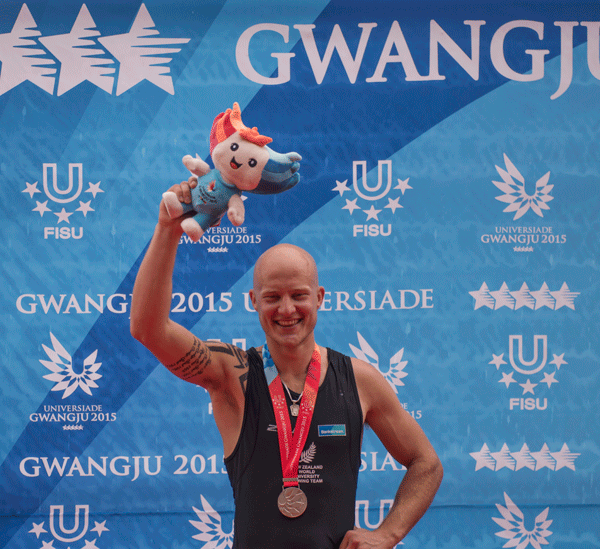
Toby’s journey to success has not been without challenges. photo Steve McArthur of Rowing Celebration.
What did it feel like to start representing your country and what have been some of your biggest successes to date?
I find it is often the most simple and subtle moments that really resound with you. Such a moment for me was pushing out from the dock and watching the blade with the silver fern on it slice through the water as I rowed with it for the first time. In these moments I feel an immense sense of pride and responsibility. Pride for achieving my life goals and getting to live my life passion, and responsibility because it is so much bigger than me. It can be easy to forget when training two, three times a day, everyday, but every time I pick up that oar, I am representing not just myself but my teammates, my friends, my family, my country. Is their any greater honour?
My biggest success to date was last year winning the silver medal at the 2015 World Unviersity Games (Universiade) in the Men’s Lightweight Single. 2012, 2013 and 2014, despite earning the right to compete for my nation on the world stage which, in itself is a major achievement, I fell short of my personal goals. So last year returning home as the first New Zealand rower to ever medal at a World University Games, a multi sport event bigger than the Olympics and in its 25th edition, was something I took great pride in. The best part of the experience was setting a new personal best time (6:58) that was only five seconds off my training partner who raced to the world title in the same event a month after my race, and the overwhelming amount of support I received during my endeavour. People and progression.
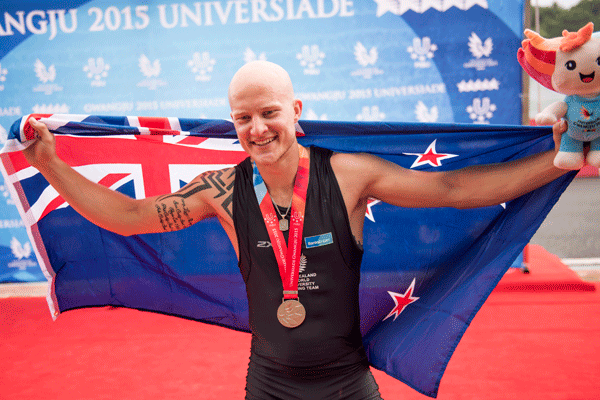
Being able to represent his country in the sport Toby loves fills him with pride.
Despite your achievements in rowing you have come up against serious challenges in life including cancer. Could you tell us more about that specific battle and how it has shaped the person you are today?
At the start of 2007 I started to have issues with tasks involving co-ordination. So practically everything. My hand writing deteriorated to the point my peers couldn’t read it, then my teacher, then even myself, regardless of how much time and focus I put in. I had to change hands that I used to operate my phone because I kept hitting the wrong buttons. I would misjudge doorways and walk into the door frame. Then one day while playing held rugby things escalated, as they do at an all boys school, and I ended up landing on my head. When I opened my eyes next, the image registered by my brain was of everything in sight rotating 90 degrees before flicking back as if I was falling in mad spin. Everything I tried would not settle it, not even hitting myself in the head. A knock caused it right so another knock to fix it right?
After an initial diagnoses of a inner ear infection and a month of the worst migraines one can imagine, my general practitioner, Dr Lydiard, sent me for a MRI where the doctors found a golf-ball sized hemangioblastoma (brain tumour) in my cerebellum. Within 24 hours I had the status of the oldest person in the head trauma ward of the children hospital by two years. At 15 I had the choice between Playstations, poster filled walls and lovely nurses or the adults ward. Ratchet a Clank, yes please.
As they can never rule it out entirely I have ongoing testing to ensure the tumour was not a result of von Hippel-Lindau disease and just a one off. So far I am in the green but regardless I have decided that I will live my life as if I’m not. I am sure everyone has heard a similar messages before, especially fellow Limitless Pursuits enthusiasts, but time and time again I see it ignored because the individual has not had it drilled into them by such an experience. Well I implore you, don’t wait for such a negative experience to affect you before you really take this lesson seriously. It is a morbid one but no one, and I mean no one, is guaranteed tomorrow, so damn well go and make the most of today.
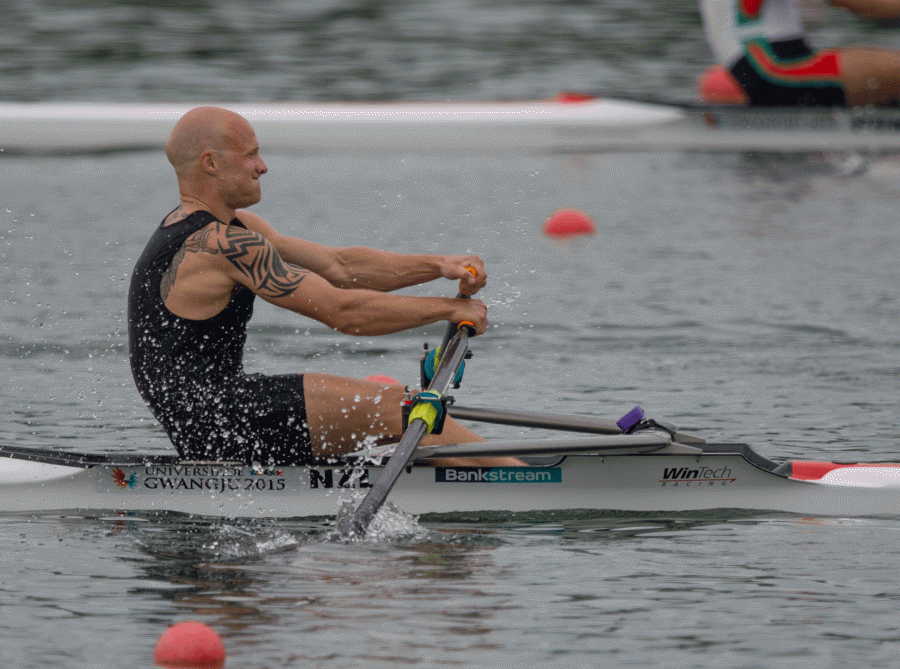
Toby is only at the beginning of his career and has his sights set on Rio this year. photo Steve McArthur of Rowing Celebration.
Tell us about your passion for philanthropy and how it has changed the way you live your life?
For as long as I can remember I have always wanted to help others succeed. Don’t get me wrong, if you challenge me at my own passion then you better strap yourself in, but knowing first hand how good it feels to not just achieve your goals but make the small improvements along the way, I get great joy in helping facilitate that. In the the New Zealand Rowing system you don’t get financial support until you reach the elite team which I have only been in for six months of my ten years, but despite not being able to provide financial support I believe I have a lot of experience I can share and make every attempt to do so.
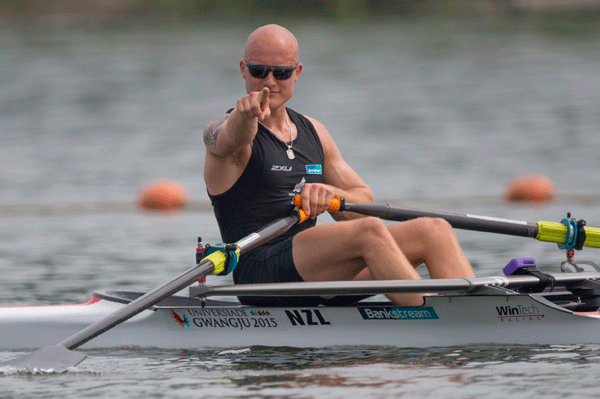
Toby has a burning passion to succeed and undeterred by any obstacles put in his way. photo Steve McArthur of Rowing Celebration.
What are your ambitions for 2016 and beyond and do you have any new and exciting projects in the pipeline?
The pre-Olympic New Zealand domestic rowing season just came to a close on Saturday February 20 with the NZ National Rowing Championships. At the end of the Champs Rowing New Zealand announced those who are invited to compete at the elite national selection trials, from which the NZ Olympic Rowing team will come from. Any nation can send up to six skinny men to a Olympics in the four and double and I was one of nine male lightweights named.
Anyone know how to fit nine into 6? I will be putting up one hell of a battle to be one half of the skinny man double that will go to Lucerne in May and attempt to qualify for Rio. Should I miss out on the double I would hope to be selected in one of the non-Olympic boat classes to go to the non-Olympic regatta but we’ll cross that bridge when we come to it. For now I look forward to some quality battles and wish all the others the best as we have a crack at producing one damn quick double.


